If you have a Christmas tree, take a glimpse under it. There are presents there, right? They’re difficult to miss, since they’re probably wrapped in bright, shiny paper. Despite that, you probably think you know what some of them are – but you won’t know for sure until you pull the wrapping paper off on 25 December.
There probably isn’t an Aston Martin DBX under your tree (unless you have a very big tree), but you may well have spent time admiring a wrapped-up version of the car, trying to work out what it looked like underneath its mildly confusing covering. But if Sam Holgate did his job, you didn’t actually know until the SUV was launched last month.

When not designing machines such as the latest Aston Martin Vantage, Holgate is in charge of Aston’s camouflage wraps. Like most aspects of the car industry, what started as a simple goal – to disguise a new model’s looks – has morphed into a publicity-hunting arms race.
Camouflage livery isn’t about hiding the existence of a new car. Wrapping a machine in black and white swirls – or other increasingly bright patterns – self-evidently isn’t going to make it hard to spot, because it will clearly draw attention to a car. So why do it?

Blame the zebra. Possibly. There’s a theory their black and white stripes evolved to confuse predators, who’d be dazzled by the jarring lines and left unable to work out which way said zebra was heading. The idea is disputed by some, but that hasn’t stopped ‘dazzle camouflage’ being applied elsewhere: in the First World War, allied forces painted battleships with bright, bold stripes to bewilder German U-boat commanders.
When a car starts testing in public, designers have to accept it’s going to be spotted; the camouflage wrap is about hiding the details. “It gives us breathing space,” says Holgate. It’s not just about ensuring the reveal remains a surprise: intellectual property of key design features of cars will be patented, so firms need to keep those designs under wraps until that process is completed.

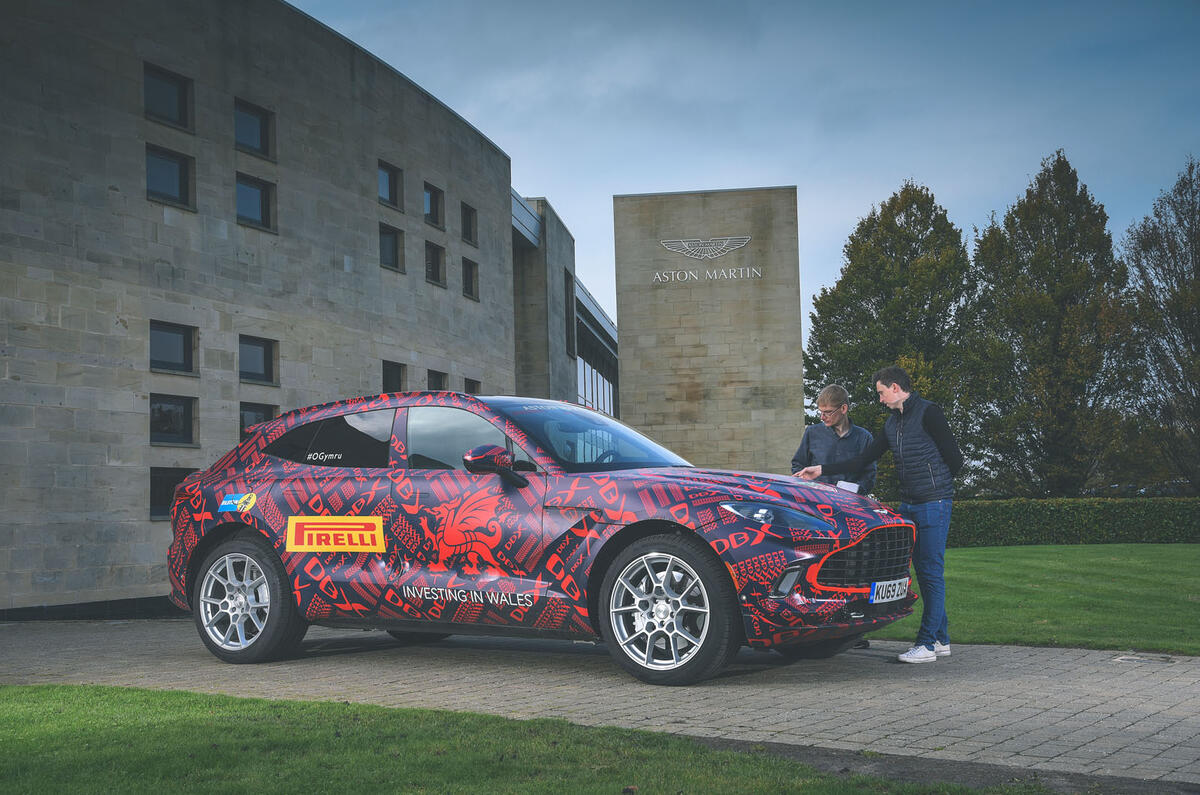
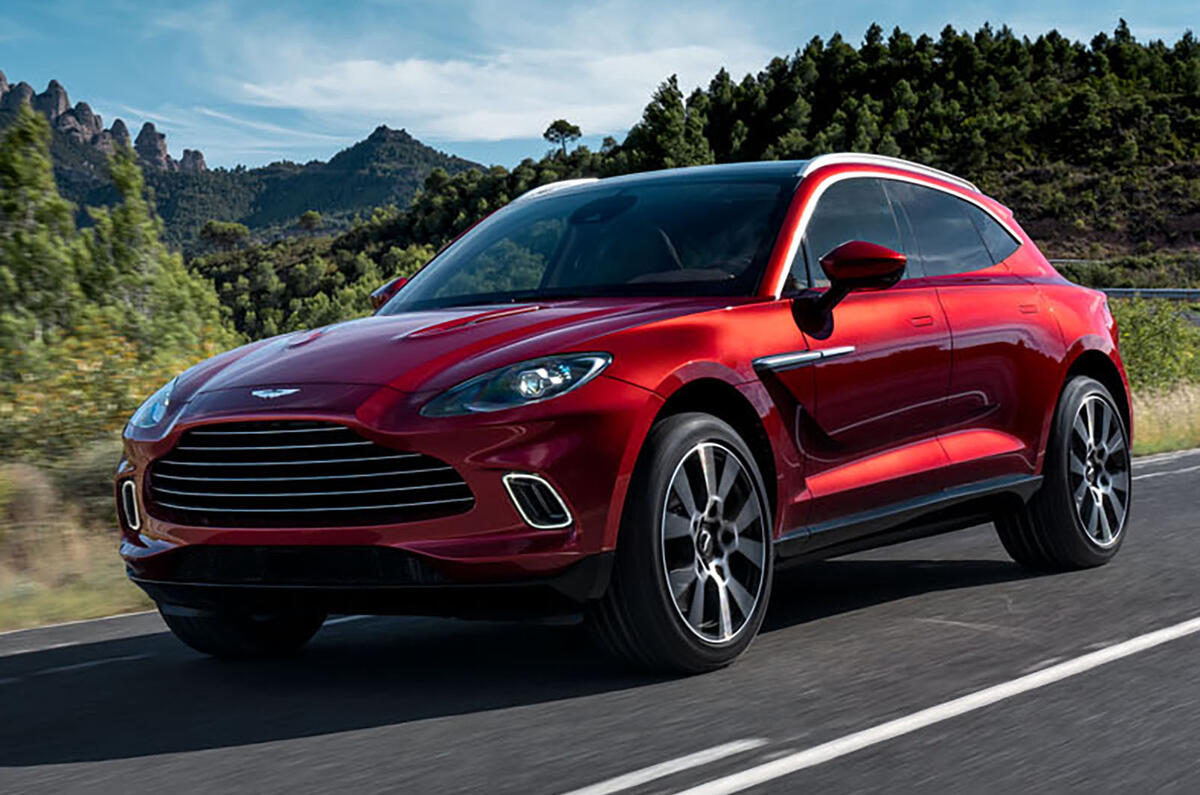
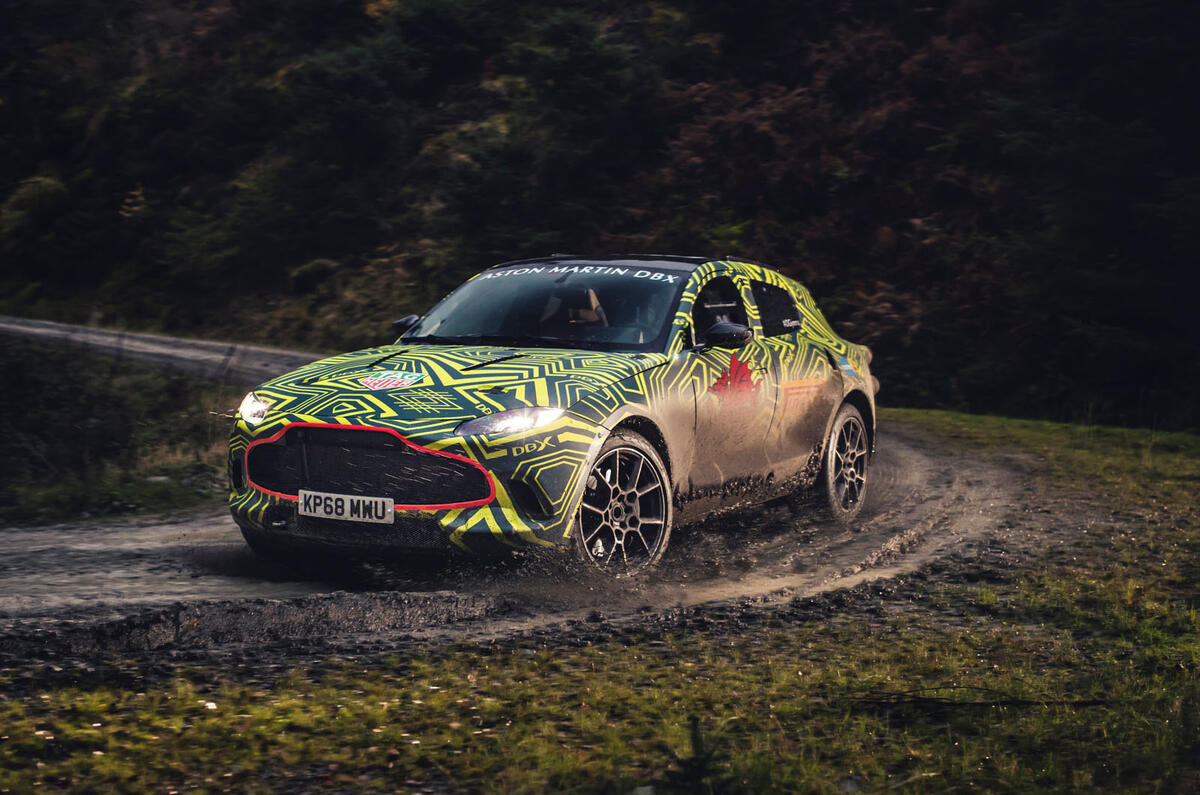
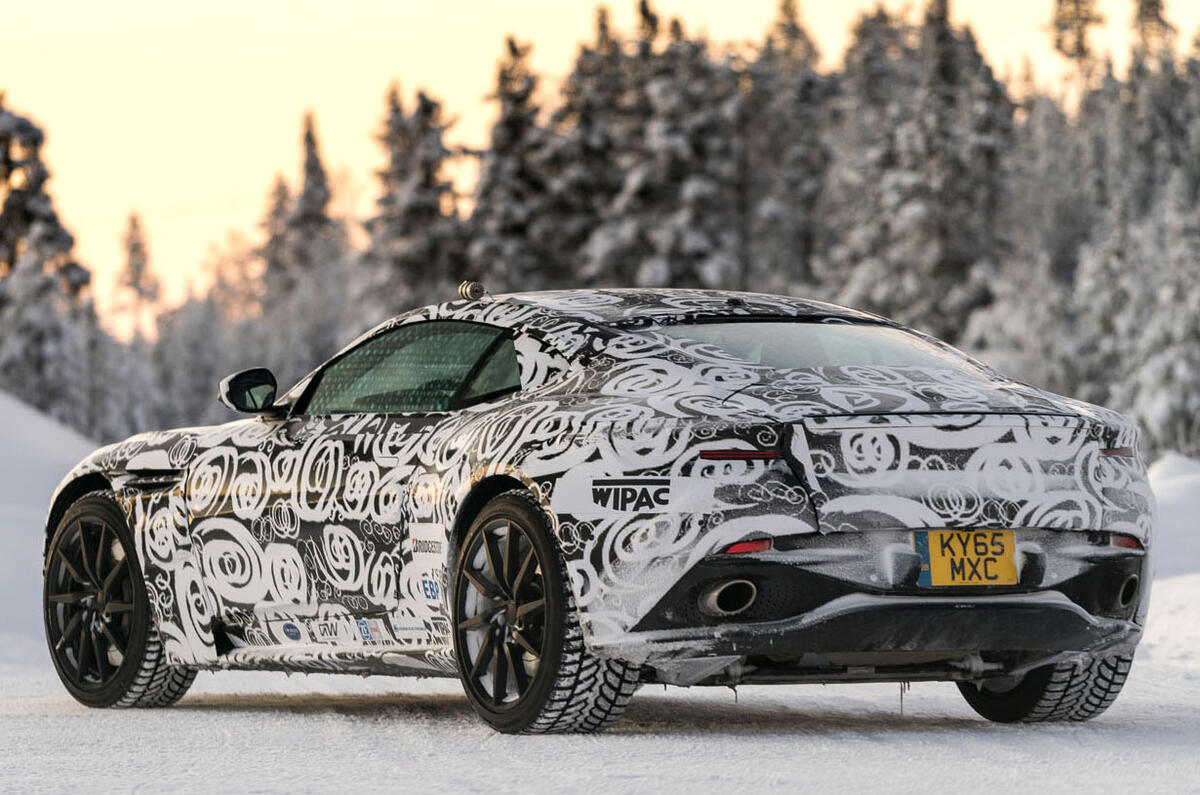
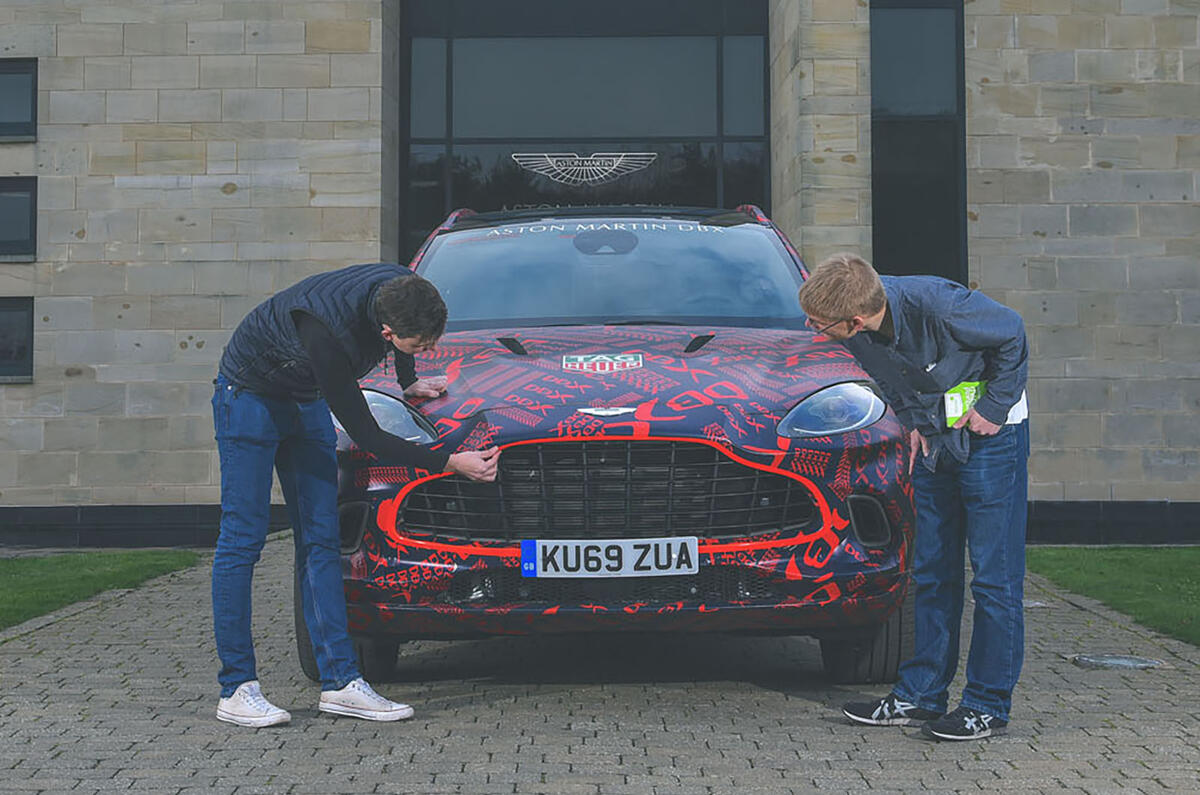
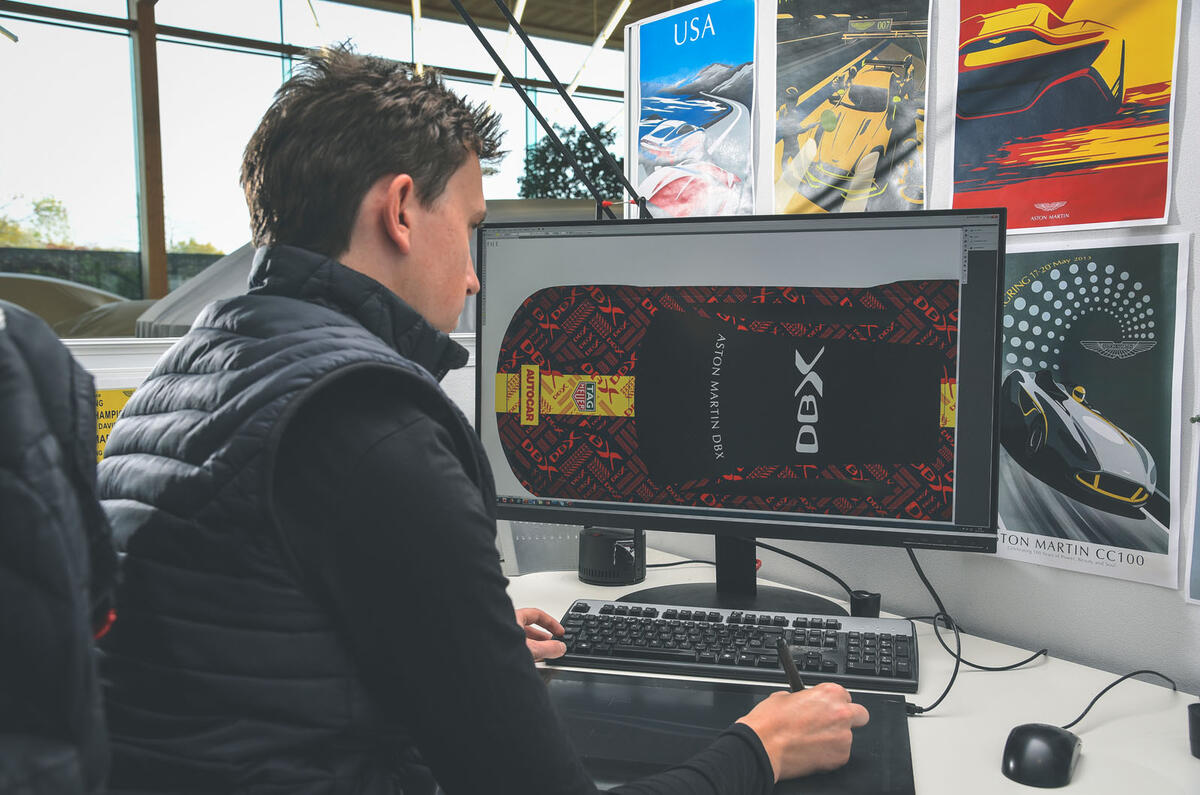
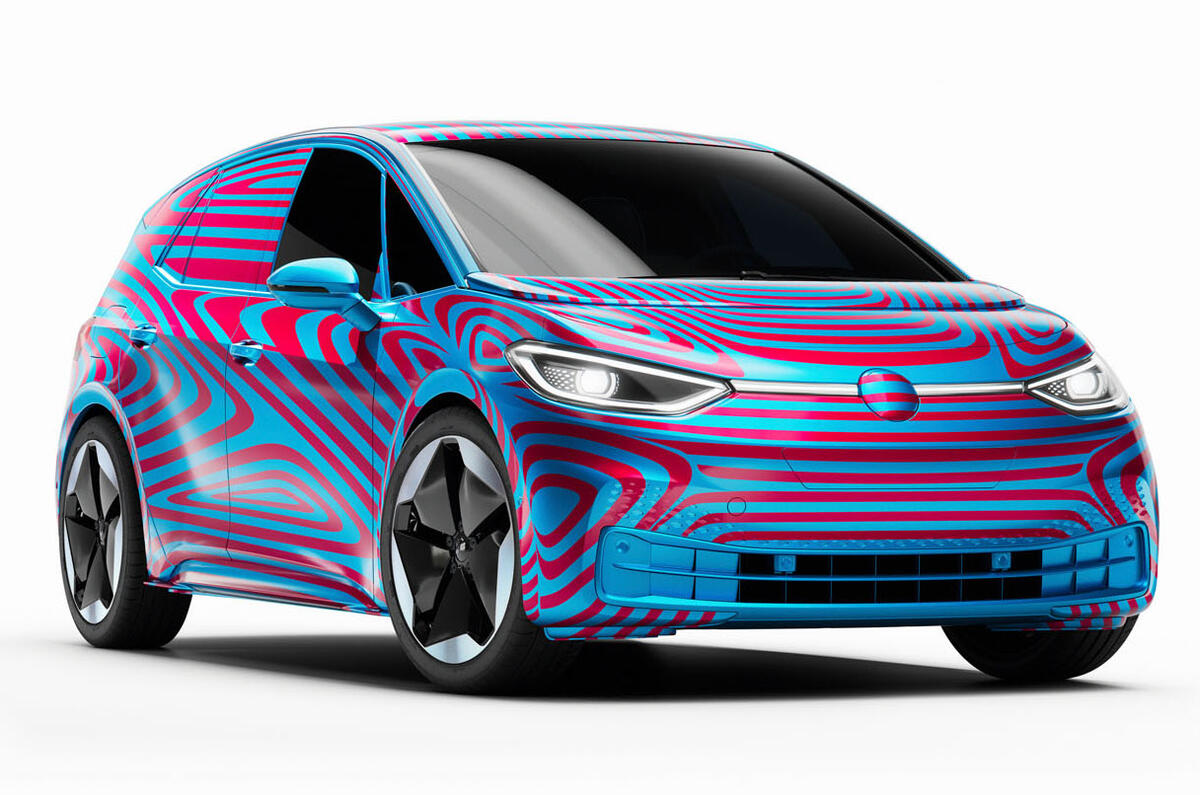
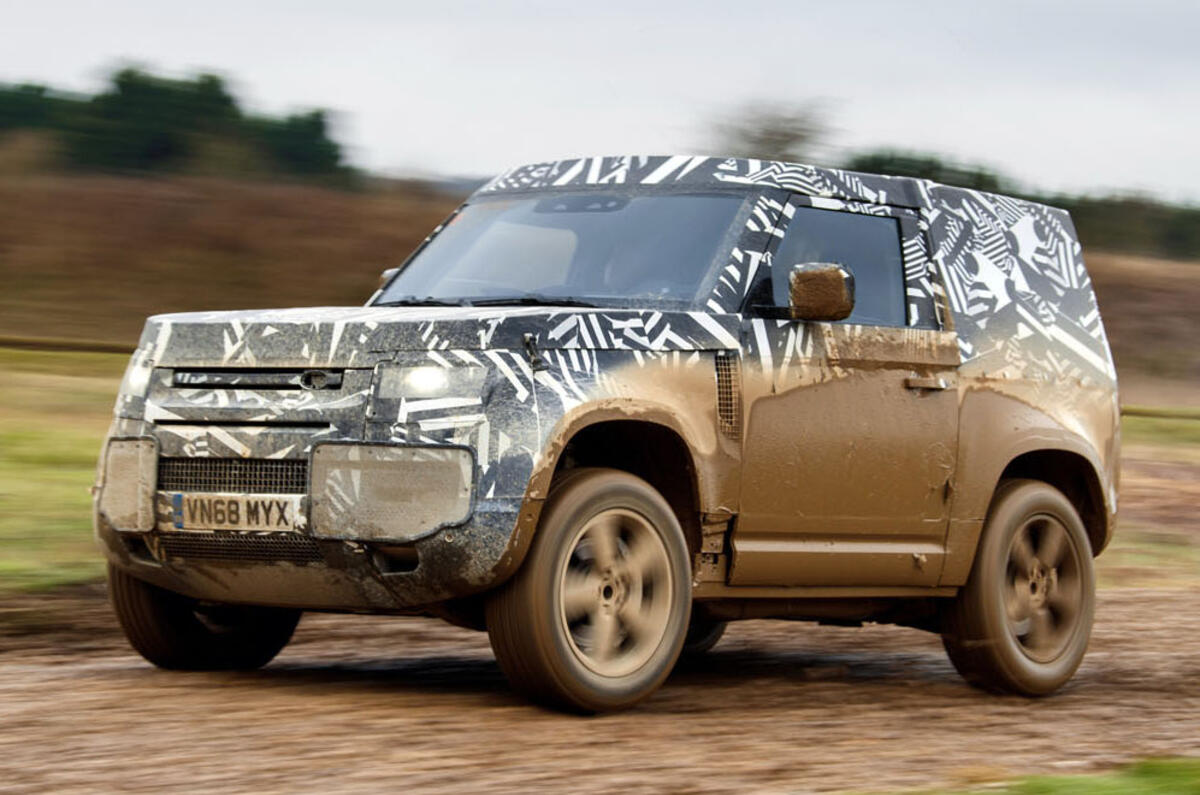
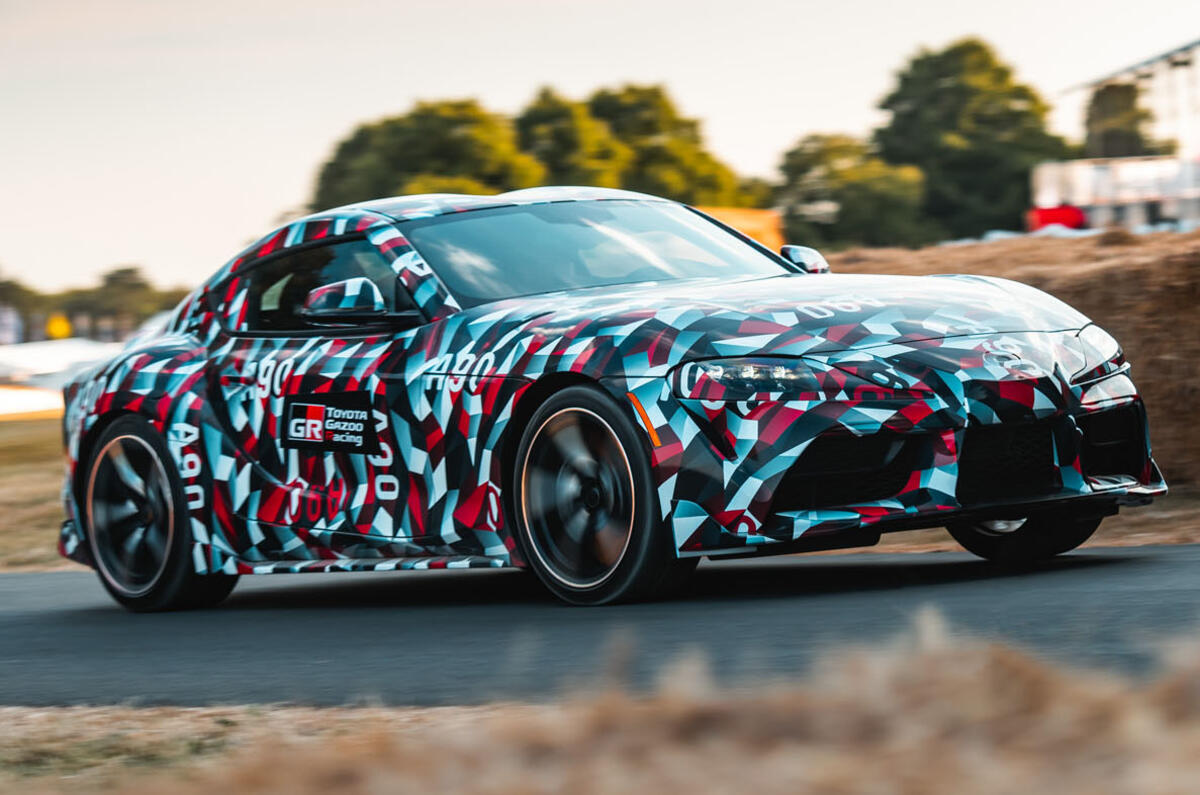
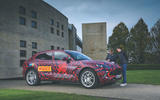
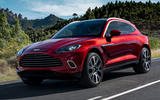
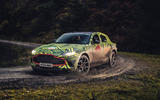
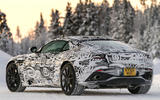
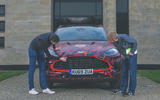
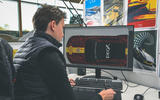
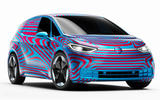
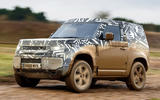
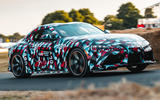


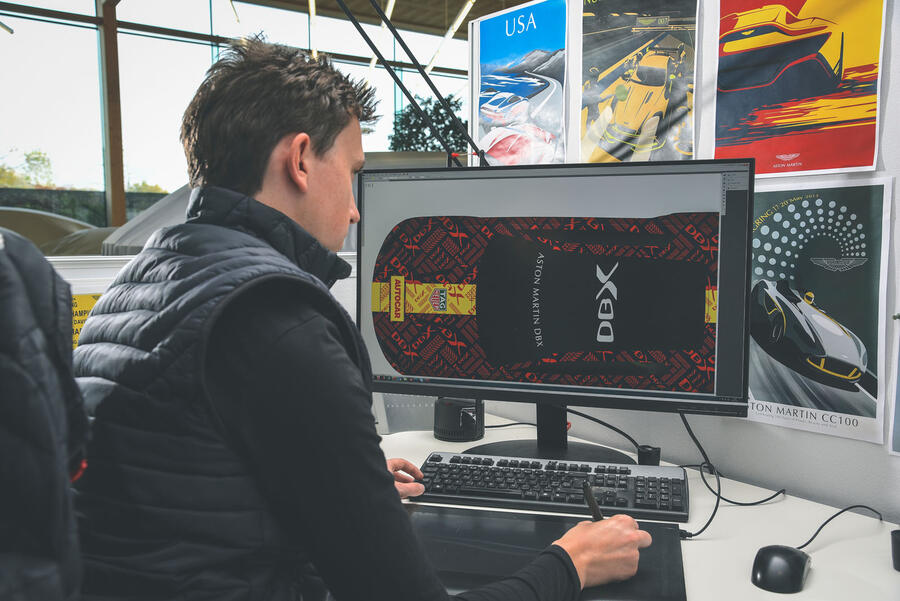









Join the debate
Add your comment
Time wasted.
Honestly, they'd have been better spending more time designing the actual cars than wrapping them. Aston has suffered from the hands of Marek Reichman. His designs are failing Aston.
DB11 & DBS have a mess of an interior, and the nose of the DBS isn't good. Vantage a mess front to back. And those steering wheels...
The DBX isn't terrible, but not perfect either. Thankfully! Aston might just have a chance to survive.
But with a better designer Aston would be thriving.